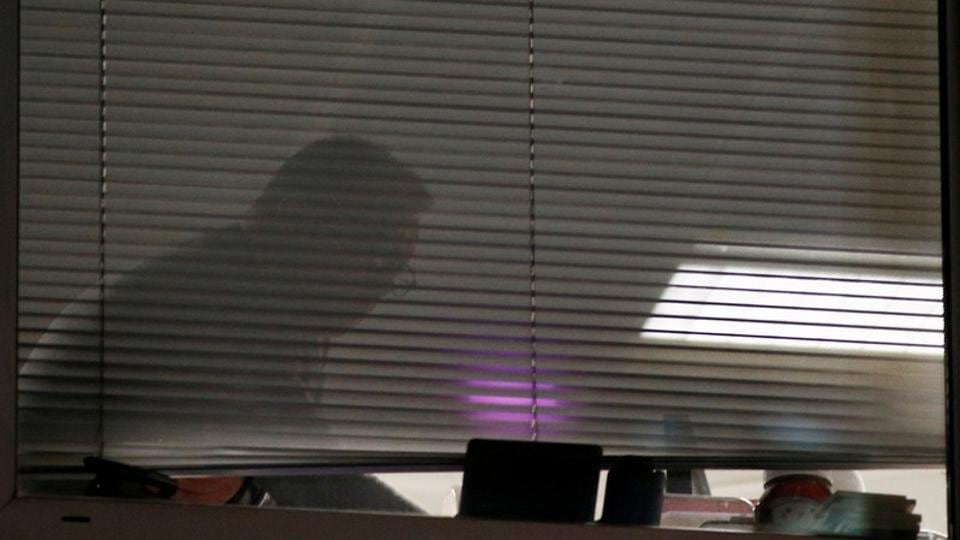Now, Twitter too caught up in Cambridge Analytica controversy
Twitter does not share a break-up of users by region, the platform has less than 100 million users in India.

Social media company Twitter Inc sold data to the University of Cambridge academic Aleksandr Kogan who harvested millions of Facebook users' information without their knowledge, it has emerged, although the company has clarified that no private data was accessed.
It isn't clear whether any of the data pertained to Indian users.
Twitter does not share a break-up of users by region, the platform has less than 100 million users in India.
Kogan, who created tools that allowed political consultancy Cambridge Analytica to psychologically profile and target voters, bought the data from the microblogging website in 2015, well before the recent scandal, involving use of the data of Facebook users, came to light.
According to The Daily Telegraph, Kogan bought data on tweets, user names, photos, profiles and locations over a five-month period between December 2014 and April 2015 through his company Global Science Research (GSR). Twitter said it had banned GSR and Cambridge Analytica from buying data or running advertisements on the website and that no private data had been accessed, while Kogan insisted the data had only been used to create 'brand reports' and 'survey extender tools' and that he had not violated Twitter's policies.
The daily reported that Twitter charges companies and organisations for large data sets that are particularly useful for gleaning public opinion or receptiveness to certain topics and ideas, although Twitter bans companies from using the data to derive sensitive political information or matching it with personal information obtained elsewhere.
A Twitter spokesman confirmed the ban and said: 'Twitter has also made the policy decision to off-board advertising from all accounts owned and operated by Cambridge Analytica. This decision is based on our determination that Cambridge Analytica operates using a business model that inherently conflicts with acceptable Twitter Ads business practices. 'Cambridge Analytica may remain an organic user on our platform, in accordance with the Twitter Rules.'
The company said it does not allow 'inferring or deriving sensitive information like race or political affiliation, or attempts to match a user's Twitter information with other personal identifiers' and that it had staff in place to police this 'rigorously'.
Sunil Abraham, founder for think tank Centre for Internet and Society said: "Even though Twitter claims it has contracts in place and staff for contractual enforcement, I cannot understand how they will prevent those buying their data from inferring race and political affiliation. Especially in jurisdictions like ours without comprehensive data protection law."
A Cambridge Analytica spokesman said the company used Twitter for political advertising but insisted that it had never 'undertaken a project with GSR focusing on Twitter data and Cambridge Analytica has never received Twitter data from GSR".
Delhi-based lawyer Apar Gupta said, "Since we do not have a data protection law at present we are more or less dependent on the proactive disclosures by Twitter. Facebook is not a gold standard of upholding user rights and it is hoped that we soon have a regulator that can enforce such disclosures and place penalties."
On 5 April, Facebook said user data of more than 560,000 Indians may have been harvested by British researcher Cambridge Analytica, at the centre of a recent storm over data breaches and potential privacy violations on the social media network.
"Twitter or Facebook are not alone in harvesting and storing user data. This is a widespread industry practice that relies on profiling. Such breaches and malpractices will continue to occur till we have a set of defined norms and enforceable penalties to protect user rights," Gupta further added.
Only 335 users in India installed the thisisyourdigitallife app developed by academic Kogan and his company Global Science Research that may have been possibly at the centre of the data breaches, according to Facebook. The 335 people make up just 0.1% of the app's total worldwide installs. Users agreed to take a personality test and have their data collected by the app, which then went on to also access information about the test-takers' Facebook friends, leading to the accumulation of a much larger data pool.
Twitter Inc's spokesperson said in an e-mail that an internal review conducted by it showed GSR had not accessed any private data.
"Unlike many other services, Twitter is public by its nature. People come to Twitter to speak publicly, and public Tweets are viewable and searchable by anyone. In 2015, Global Science Research (GSR) did have one-time API access to a random sample of public Tweets from a five-month period from December 2014 to April 2015," the company statement added.
This is basically information that users chose to make public.
Catch all the Latest Tech News, Mobile News, Laptop News, Gaming news, Wearables News , How To News, also keep up with us on Whatsapp channel,Twitter, Facebook, Google News, and Instagram. For our latest videos, subscribe to our YouTube channel.

























